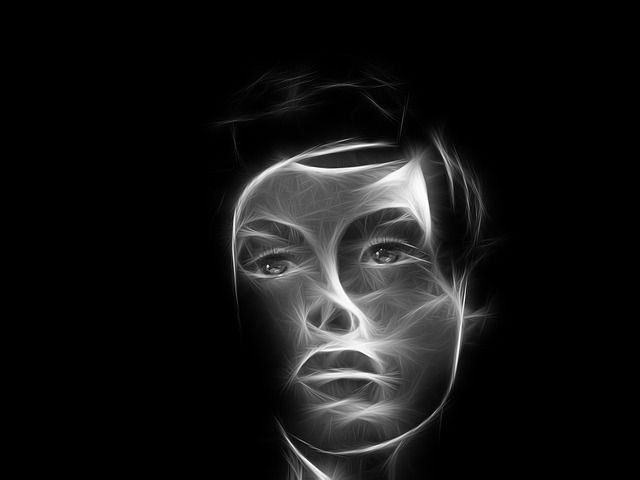What Is Deja-Vu? New Research Into The Science Of Memory

About 60 to 70 percent of the population reports to have experienced deja-vu at some point in their lives. Explanations for the eery sensation range from our brains forming false memories to being a premonition of events yet-to-come. New research however has challenged previous theories on the phenomenon and instead suggests that deja-vu is simply a result of the brain checking through memories, ensuring that everything is up to par.
Deja-vu is most probably a result of the front regions of the brain checking through our memories and sending signals if there’s some kind of memory error, such as a conflict between what we’ve actually experienced and what we think we’ve experienced, so that we do not have false memories, New Scientist reported.
“It may be that the general checking system is in decline, that you’re less likely to spot memory mistakes,” lead research Akira O’Connor told New Scientist.
This would explain why the phenomenon is more common in younger people, as memory begins to deteriorate with age. Although the majority of us have experienced deja-vu at some point, why don't others experience deja-vu at all? It may be that they either don’t reflect on their memory systems, or their brains don’t make memory problems in the first plus, thus eliminating the need for deja-vu.
In order to identify the origins of deja-vu, the team used fMRI scans of the brains of 21 volunteers while they experienced a triggered deja-vu. The sensation was triggered by using a standard method for creating false memories. The volunteers were told a series of related words, such as bed, pillow, night, dream, but not the key word “sleep,” which bound them together. When they were later quizzed on which words they heard, most develop a false memory and tell researchers they also heard the linking word.
Brain scans revealed that as deja-vu was triggered, areas of the brain involved with decision-making were activated. This was surprising as the team had theorized that the sensation would be more likely to activate areas of the brain associated with memory.
These findings were presented at the International Conference on Memory in Budapest, Hungary last month; while the evidence is strong, it is still only one of many theories explaining this common phenomenon. Other research suggests that deja-vu is a result of your brain undergoing “dual processing” — when your mind accidentally processes the world around you in two parts, rather than a harmonious whole event. Others have theorized that the experience is a ghost of past memories triggered by something occurring in real time. For example, seeing a train pass will remind you of a similar sight you experienced as a child. Our brains, confused by the two similar memories, will experience deja-vu.
Read More:
Begin Again: Man With Anxiety-Induced Déjà Vu Relives Every New Moment: Read Here
Déjà Vu And Its Relatives: How Simple Mistakes Of Memory Could Signal Deeper Neurological Problems: Read Here
Published by Medicaldaily.com



























